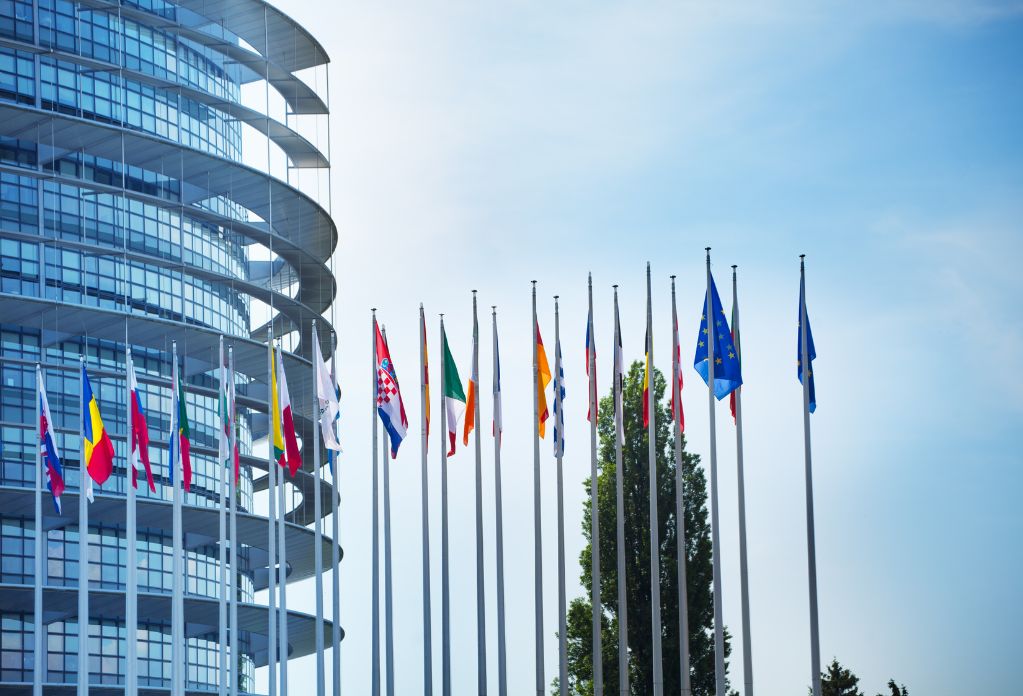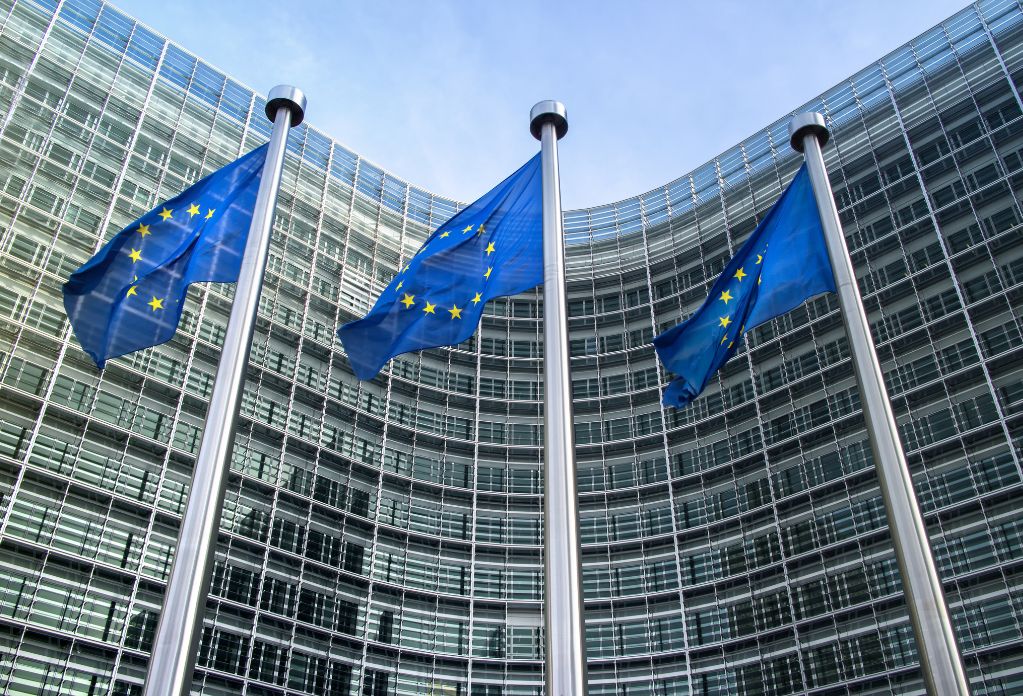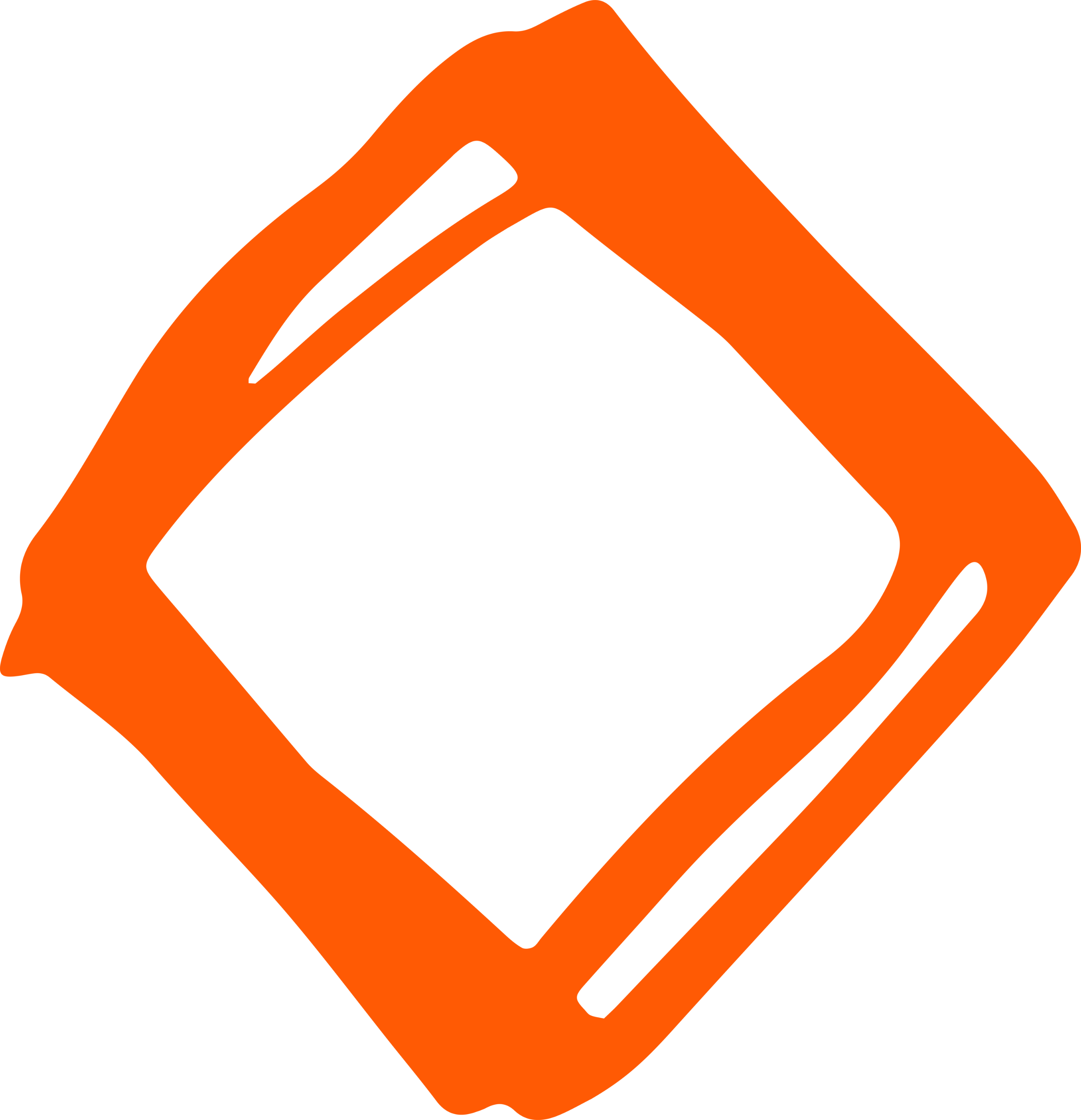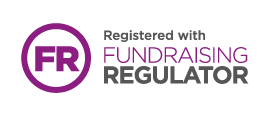
2023 marked a significant shift in anti-slavery supply chain legislation worldwide, with a stronger focus on stricter reporting requirements and global accountability.
International businesses now face a complex landscape, juggling diverse regulations and ensuring compliance across the entire supply chain.
Navigating this landscape requires understanding your obligations, implementing the correct reporting procedures, and strengthening your approach to mitigating modern slavery risk.
Crucially, new legislation demands looking beyond your direct suppliers. It extends responsibility to lower tiers in your supply chain, often spanning the globe.
Even if you’re UK-based and your suppliers are mostly domestic, their tier 1 sourcing might reach outside the UK, subjecting you to these regulations through indirect connections.
To help you stay on top of these changes and keep ahead of compliance requirements beyond your immediate suppliers, we’ve simplified an overview of the most recent legislative changes.
Navigating the EU Corporate Sustainability Due Diligence Directive
This landmark directive, introduced in 2023, aims to curb environmental and human rights violations in the EU and globally. Large companies now face accountability for their entire supply chain impact, not just direct operations. Steep fines await non-compliant businesses.
Who will this effect?
- Companies with over 500 employees and a turnover exceeding 500 million euros.
- Non-EU based companies generating over 150 million euros in turnover from operations in the EU.
While the financial sector and small and medium enterprises (SMEs) are currently exempt, they may face indirect impacts due to the requirements imposed on larger companies in their supply chains.

Breaking down the EU Corporate Sustainability Reporting Directive (CSRD)
Transparency is key under the CSRD, which mandates large EU organisations or entities operating in the bloc to report on their human rights and environmental impact. From 1 January 2024, these companies must assess their direct and indirect influence on these crucial areas. The initial report under the CSRD will be due in 2025.
The directive’s scope will gradually widen to include:
- Companies with over 250 employees and a turnover exceeding 40 million euros
- EU-based SMEs
- Non-EU businesses with a turnover of over 150 million euros in Europe.
Remember:
For UK-based companies, Brexit does not exempt you from new EU legislation. Companies with a footprint in the EU, regardless of headquarters, will be affected. Proactive action is crucial, even if your primary suppliers operate within the UK.
Individual EU member states are responsible for incorporating the CSRD into national legislation. France has led the way, having implemented the CSRD into law in December 2023, with strict penalties and potential imprisonment for non-compliance.
Canada’s fight against forced labour and child labour: The Supply Chains Act (Bill S-211)
The Act, effective since January 2024, is crucial for businesses operating within or trading with Canada.
It mandates companies and government institutions to publish an annual report detailing their actions to mitigate the risk of forced and child labour in their entire supply chains. These reports must be publicly accessible and prominently displayed on the company’s website.
Failure to comply can result in hefty fines and compliance orders, with potential penalties for disseminating misleading information.

Reinforcing the anti-slavery stance: Australia’s Modern Slavery Act 2018
Australia’s Modern Slavery Act, in operation since 2018, underwent a comprehensive review in 2023. This led to 30 recommendations to bolster its effectiveness, including stricter reporting requirements and addressing the high number of non-compliant modern slavery statements.
In November 2023, the Modern Slavery Amendment Bill was introduced, proposing the establishment of an Independent Anti-Slavery Commissioner. This role would shape responses to modern slavery, assist businesses and engage with victims and survivors of exploitation.
Germany’s Supply Chain Due Diligence Act
Germany’s Supply Chain Act, effective from January 2023, is a significant step forward in combating environmental and human rights violations by German companies.
Initially targeting companies with at least 3,000 employees based in Germany, its scope expanded in January 2024 to encompass businesses with a minimum of 1,000 employees.
Companies are mandated to undertake environmental and human rights due diligence across their supply chains, establishing a risk management system that includes, but is not limited to, an annual modern slavery statement.
Non-compliance can lead to reputational damage and hefty fines, reaching up to 8 million euros or 2% annual turnover for larger companies.
Remember, this is not an exhaustive list. Other relevant anti-slavery legislation include:
- Dutch Child Labour Due Diligence Law
- Norwegian Transparency Act
- Swiss Conflict Minerals and Child Labour Due Diligence Provisions
- U.S. Uyghur Forced Labour Prevention Act
- Proposed New Zealand Modern Slavery Legislation
- Guidelines on Respecting Human Rights in Responsible Supply Chains in Japan

How we can support your compliance journey
Under new legislation, action is essential. Key requirements include:
- Publishing an annual report: Detail your efforts to combat modern slavery in your operations and supply chains.
- Understanding and mapping risk: Identify potential areas of vulnerability across your business and suppliers, and implement a risk management system to address them.
- Due diligence: Implement thorough due diligence procedures throughout your operations and supply chain.
- Grievance mechanisms: Establish formal channels for reporting concerns and ensure effective remediation processes.
Stay ahead of the curve with Unseen Business:
Unseen Business empowers businesses to navigate the evolving anti-slavery landscape. We offer:
- Regular updates: Stay informed about legislative changes through exclusive webinars, sector-specific meetings, and our comprehensive knowledge base.
- Expert guidance: Our team of experienced professionals provides tailored advice and compliance support to help you develop and implement effective anti-slavery strategies.
- Bespoke solutions: Choose from a range of unique services, including risk assessments, gap analysis, training workshops, and on-site worker wellbeing visits, to strengthen your compliance efforts and build a more ethical, sustainable supply chain.
To explore how Unseen can support with your business, contact us at [email protected] for a free consultation.


